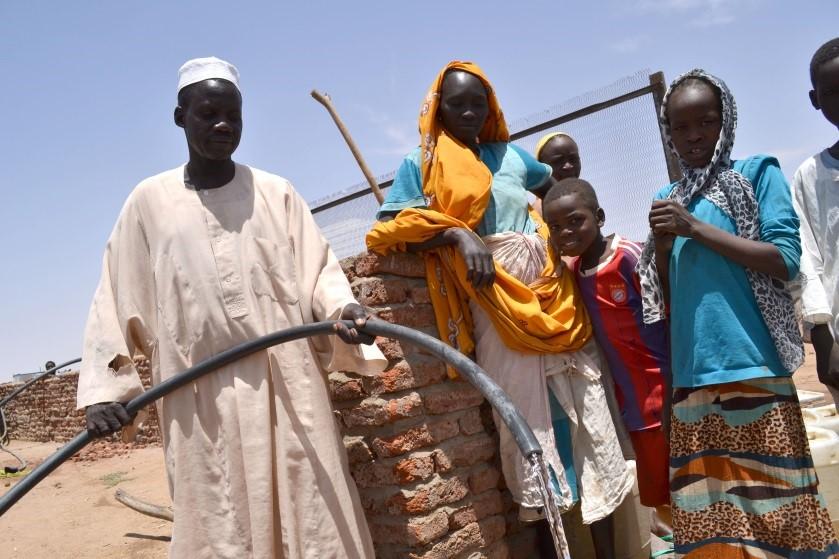
In the midst of rising global and regional emergencies, the lights have dimmed on Darfur’s crisis. This year marks 13 years of conflict in the Darfurs. As the world and Africa in particular commemorates the Day of the African Child on the theme ‘Crisis an Conflict in Africa; protecting the rights of all children’, the objective is to bring back attention to the children of Darfur. Some 1.9 million children are displaced countrywide, of which 1.6 million are in the Darfur region. There is already a generation of childhood lost and another at risk.
In the Kalma Camp for internally displaced people in Sudan, water was once hard to come by. In 2014, a heavy influx of new arrivals meant that many people who needed water were forced to dig their own wells. Last year, UNICEF supported a project to build new water and sanitation facilities, providing an invaluable lifeline to new arrivals at the camp.
KALMA CAMP, South Darfur, Sudan, 5 July 2016 – When 45-year-old Mohamed Abdel Hamid traipsed into Kalma refugee camp in 2014, he left behind a shattered world.
His hometown was little more than a smouldering ruin – destroyed by gunmen who arrived from nowhere riding camels and horses.
He and hundreds of others had been forced to march 50 km through the scorching desert until they found the sanctuary of Kalma, South Darfur.
But conditions when he arrived were tough, he said. “Even if you wanted to go to the toilet, we had to go and ask people who were already here if we could use their homes.”
“Getting water was hard”, adds the father-of-eight. “People were forced to get it by digging their own wells. Sometimes soldiers would try and stop us – so in the end, we would often send our own children to dig the wells.”
Mohamed ended up in Sector 8 of the camp – an area which had become home to huge numbers of new refugees fleeing fresh violence across Darfur.
A heavy burden
At the beginning, facilities there were stretched. In the same year that Mohamed came to Sector 8, about 15,700 other internally displaced people also arrived.
In addition to the sector’s 18,000 new arrivals from the previous year, it placed a heavy burden on the camp’s health and hygiene services.
As a result, UNICEF supported a project last year to help improve WASH access in areas where newly arrived displaced people were settling.
Funded by donations from Central Emergency Response Fund (CERF) and implemented by the American Refugee Council (ARC), the programme eventually succeeded in supplying enough water and hygiene facilities for a population equivalent to a large town.
For people like Mohamed, it has provided an invaluable lifeline after being uprooted so suddenly from his previous life in rural Darfur.
“The situation has really improved since I first came to the camp”, he said. “Now we have enough water people can wash their clothes and themselves. We also have more latrines than we once did.
“Life is about having enough water”, he added. “We can’t live when we don’t have it!”
The WASH programme for new arrivals in Kalma began in 2014. According to Mohamed Adam Mohamed, a member of ARC’s WASH committee, organizers initially dealt with the issue of sanitation.
“The first thing we did was construct the latrines”, he said. Around 800 were built in Sector 8, enough to provide one for every four families.
After that, technicians drilled four bore holes to increase access to clean water. Two were equipped with hand pumps, while the other two were powered by generators. The motorized bore holes were also attached to submersible pumps, which directed water to eight distribution points above ground.
“Before we dug the wells, people were drinking unprotected water and digging their own holes”, said Mohamed. “One of the wells even collapsed on top of a woman. She was stuck for three hours before someone pulled her out.”
In addition to providing water and sanitation facilities, the UNICEF support also contributed towards training for 30 community volunteers who promote good hygiene in the camp.
“People don’t have enough money for soap”
One such volunteer is Adam Mousa, a 45-year-old community mobilizer. Originally from Central Darfur, he arrived in Kalma in 2004 after his village was burned down by a militia.
He said that once every month, he and his fellow volunteers help mobilize people in Sector 8 to clean up their neighbourhoods.
“We start in the streets and get people to collect their rubbish, then we take it outside the camp to burn it”, he said.
“But we also do home visits. Each volunteer has to go to 20 households each week. When we visit homes we look at the cooking pots, the toilets and the general cleanliness of the house. We look at the people themselves and whether they are clean or not, and the hygiene of their animals.
Adam said that one of the main problems in the camp is personal hygiene.
“I ask people why they don’t clean their children or their cooking pots, and they say they can’t because they don’t have enough money to buy soap.”
“Originally I volunteered to do this because I know the importance of hygiene and I know the negative effects of bad cleanliness. Basically I wanted to help prevent people from getting sick – that’s why I did it.”


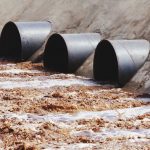

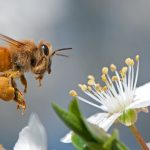


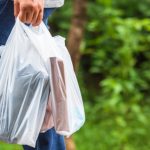
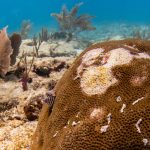
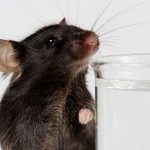
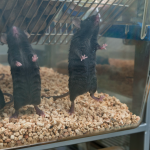
RSS